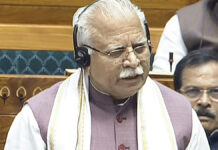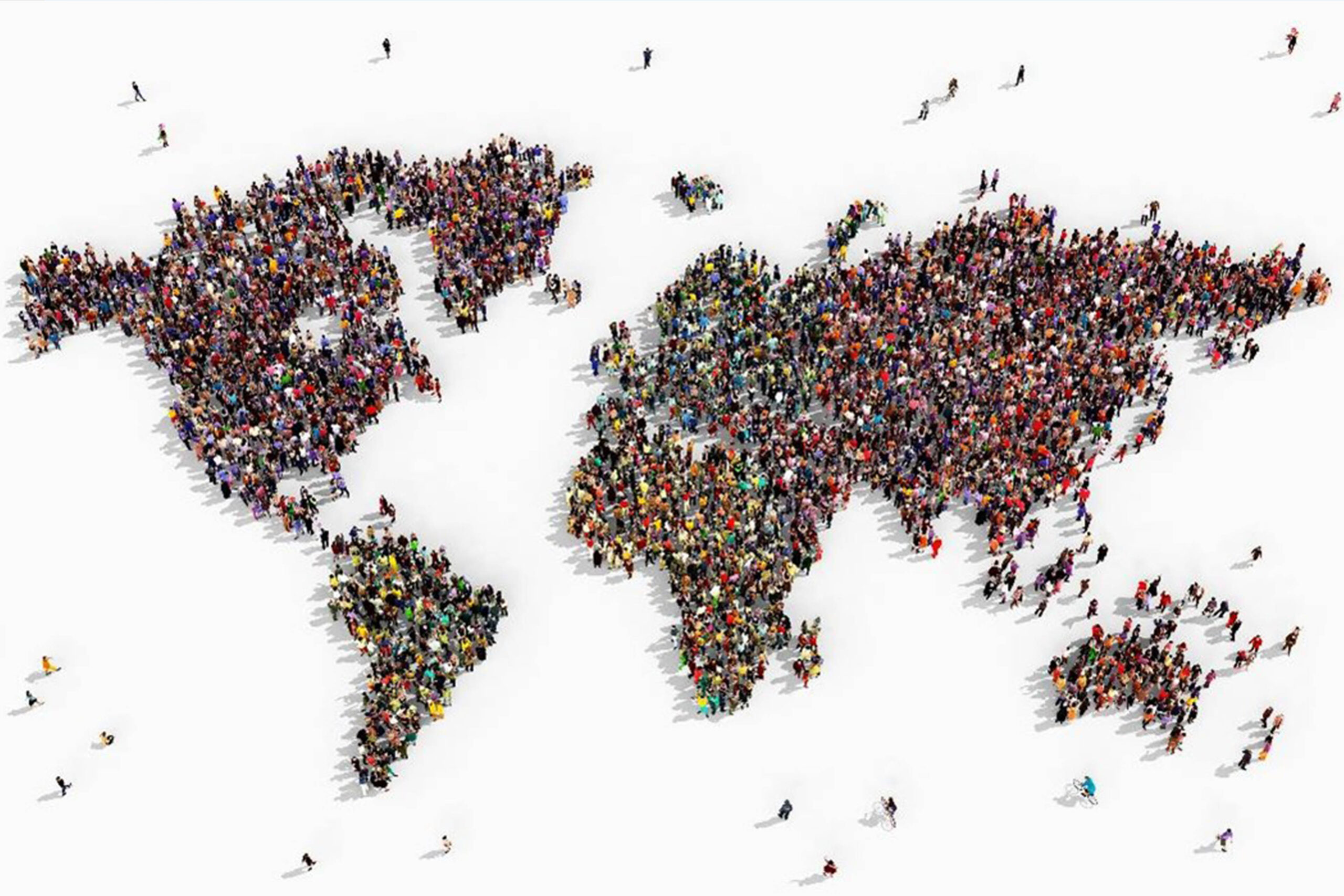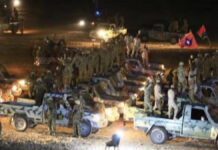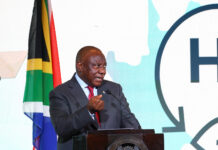Among the top priorities for the incoming Biden Administration would be to effectively deal with the Taliban’s violent surge in Afghanistan
Perhaps the second-most important problem — the first being the COVID-19 pandemic — that President-elect Joe Biden would inherit on assumption of office as President of the United States would be the situation in Afghanistan. The danger of the Taliban taking over the country has never been more real than now since their ouster from power in 2001. The question is: What should and can the Americans do at this juncture? For answers, one must start by looking at what is now happening in that country.
The first thing that strikes one is the sharp escalation of the Taliban’s ruthless drive to capture power by mounting fierce attacks on the Government’s forces in the countryside and terror strikes in Kabul ever since the Trump Administration signed a peace treaty with them on February 29, 2020. Particularly alarming is their new emphasis on targeted killing of individuals such as journalists, civil society activists, physicians, champions of democracy and Government officials.
Besides the Islamic State, which has claimed to have perpetrated a couple of attacks, nobody has claimed responsibility for the rest. In a report in The Washington Post datelined January 2, 2021, Pamela Constable and Sharif Hassan cited a voicemail response in which the chief Taliban spokesman, Zabiullah Mujahid, said that the militant outfit had nothing to do with the killings. Blaming these on the Afghan Government’s intelligence agency, he said that the country would need “educated” Afghans when peace finally came.
The Afghan Government officials have, on the other hand, held the Taliban responsible for the growing violence and the killing of individuals. The Washington Post report mentioned above cites them as saying that they had made a number of arrests, and the Interior Minister, Massoud Andarabi, as telling Afghan lawmakers that, according to those arrested, the attacks were planned by a cell in Logar province. The report also quotes First Vice-President Amrullah Saleh, a former national intelligence chief, as tweeting that unclaimed bombings and targeted assassinations of civil society activists were “pillars of the Taliban terror campaign linked to their negotiating strategy”. It quoted him as further saying that they wanted to break the Afghan people’s political will and demand impossible concessions.
Anyone familiar with the Taliban’s ways, and those of their masters — Pakistan’s notorious Directorate-General of Inter-Services Intelligence (ISI) — would know that the Afghans are right. An analysis of the purpose of the terror strikes will also support this conclusion. These are clearly aimed at achieving three objectives — to terrorise people into not resisting their violent take-over bid, to delegitimise the Afghan State by projecting it as one incapable of protecting the people, and to warn the incoming Biden Administration not to change the terms of the February 29 treaty.
As to the first, there is, by all accounts, a climate of fear and a feeling of siege in Kabul as well as the countryside, at least one-half of which is under the Taliban’s control. People are afraid to come out of their homes. Many are beginning to believe that a take-over by the Taliban is inevitable and, hence, it is best to hedge their bets.
As for the attempt to delegitimise the Afghan Government, the latter has not been sitting on its hands. First Vice-President Amrullah Saleh, whom President Ashraf Ghani has put in charge of the Afghan capital’s security, has produced a plan, called the ‘Kabul Security Compact’. While it has produced some results in terms of reducing crime, continuing terror strikes and targeted killings are perpetuating a climate of intense insecurity. A report by Thomas Gibbons-Neff and Fatima Faizi in The New York Times of November 7, 2020, shows how the terror strikes and the targeted killings by motorbike-borne terrorists or through the attachment of magnetic bombs to vehicles, have led to growing popular discontent with the Afghan Government for failing to protect its citizens — promises notwithstanding.
The third possible objective, to warn the incoming Biden Administration not to change the terms of the February 29 treaty, indicates how advantageous the terms are to the Taliban. These bind the US to reduce its forces in Afghanistan to 8,600 — with its allies drawing down their forces proportionately — within the first 135 days of the agreement coming into force. A complete withdrawal of the US forces will be effected within 14 months. It also calls for an exchange of 5,000 Taliban fighters held by the Afghan Government with 1,000 Afghan security force prisoners with the Taliban by March 10, 2020, when talks between the Afghan Government and the Taliban were due to start. Also, the US would not only lift the sanctions it had imposed on the Taliban but work with the United Nations to lift those that the latter had imposed on it.
The question here is whether the incoming Biden Administration would stand by and watch if the Taliban sought to storm into power by terrorising into inaction all those who are opposed to it, and undermining the Afghan Government’s credibility and ability to resist through a campaign of unremitting violence and terror. Or, would it intervene and, if so, in what manner? The question that follows is: Why should the US intervene? There are two dimensions to any discussion on the matter — strategic and geo-political in terms of the US’s interests, and moral in terms of protecting and furthering human freedom that it always swears by.
The consequences of not doing anything or enough to stop the Taliban from coming to power would be disastrous for the US. It turned its attention away from Afghanistan after the withdrawal of the Russian troops in February 1989. It did nothing even when the Taliban, formed in 1994 by Pakistan’s ISI, turned Afghanistan into a medieval hell and put all women virtually under house arrest, besides enabling Osama bin-Laden and the al-Qaida to function freely. The result was 9/11. It may be a different kind of attack this time, and the target, instead of being in mainland US like the two World Trade Centre buildings, may be American interests abroad. There, however, will be an attack or attacks because the Taliban is committed to imposing its own joyless, puritanical and anti-women brand of Salafist Islam and Sharia rule worldwide. The US, with its massive military and economic power, is not just a major roadblock on its way. The country is the embodiment of a way of life that is anathema to it. Based on the modernity evolving in the matrix of the Renaissance and 18th century Enlightenment, its ethos is defined by its enshrinement of “Life, Liberty and the pursuit of Happiness” in its Declaration of Independence as among the inalienable rights given to all humans by their creator, and its life is marked by forward movement towards greater gender justice and personal and sexual freedom.
There is thus a deep cultural component to the visceral hatred that the Taliban and all fundamentalist Islamist entities harbour towards the US. President-elect Biden must bear this in mind and chart America’s strategy toward the Taliban accordingly. The need to attend to the strategic and military compulsions arising from such a situation is increased by the moral dimension, deriving from the Taliban’s attitude to women as mentioned above. How the Taliban treated them when in power becomes clear from the following account by Lt-Gen Kamal Moinuddin (Retd) of the Pakistan Army in the Taliban Phenomenon: Afghanistan 1994-97:
“Girls are being denied education; women have been prevented from working. If they leave their house, they have to be covered from head to foot with a veil (burqa); besides being veiled, the women have to be accompanied by a male relative when they venture out on the streets. Shopkeepers have been directed not to sell goods to unveiled women. Rickshaw drivers are not to pick up women passengers unless they are fully covered. Women caught violating these rules are imprisoned, as are the shopkeepers and rickshaw-drivers.”
The argument that the Taliban have changed does not hold. In an article titled The false inclusivity of the Taliban’s emirate (www.aljazeera.com), datelined October 26, 2020, Mehdi J Hakimi writes: “Notwithstanding repeated claims that they support women’s rights, for instance, the Taliban has continued to attack girls’ schools. Also, women and young people, while comprising most of the country’s population, are conspicuously missing from the Taliban’s negotiating team.”
The conclusion is simple. The incoming Biden Administration must not shrink from intervening to prevent the Taliban from storming into power riding a wave of escalating violence.
(The author is Consulting Editor, The Pioneer. The views expressed are personal.)



























